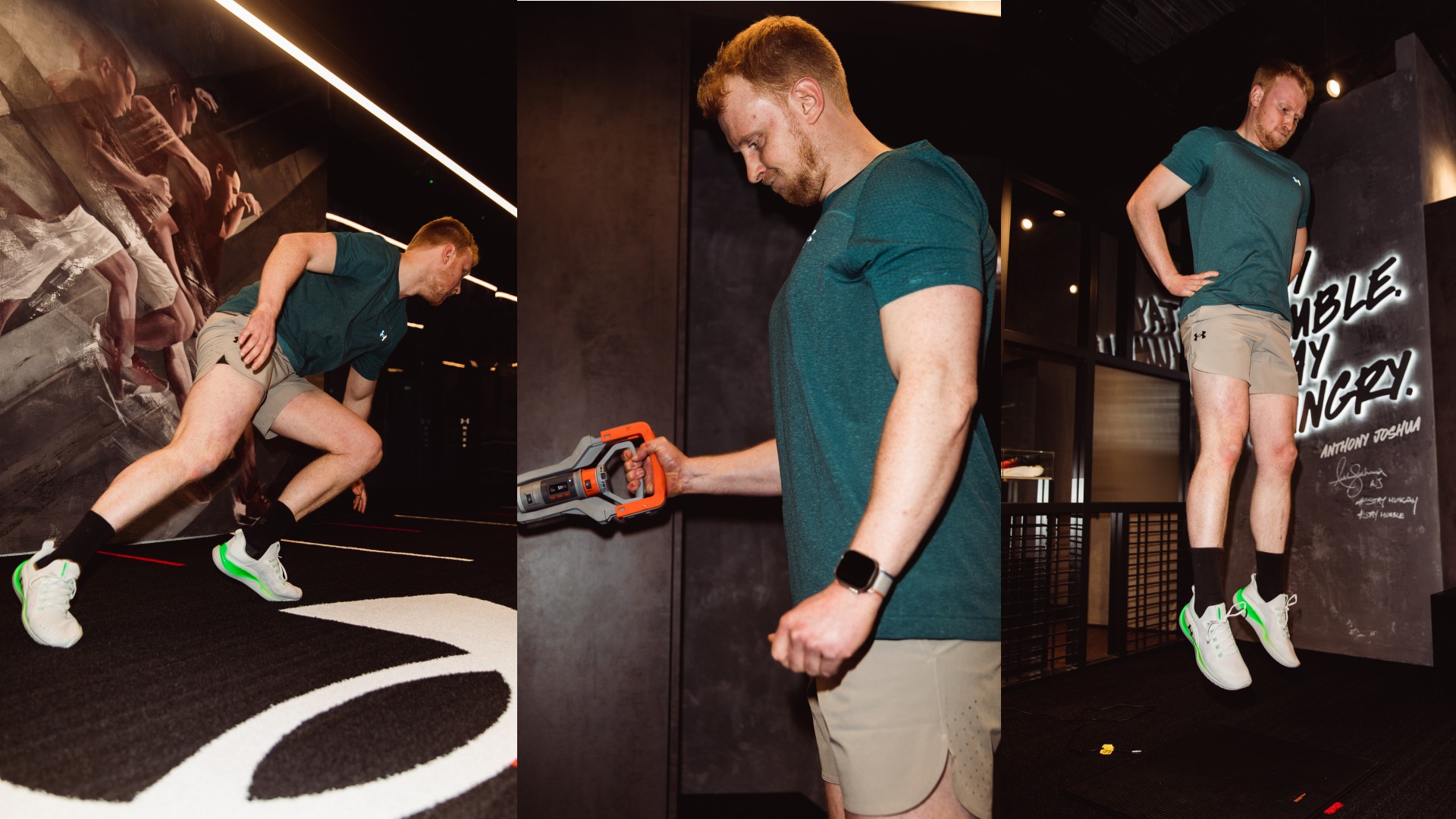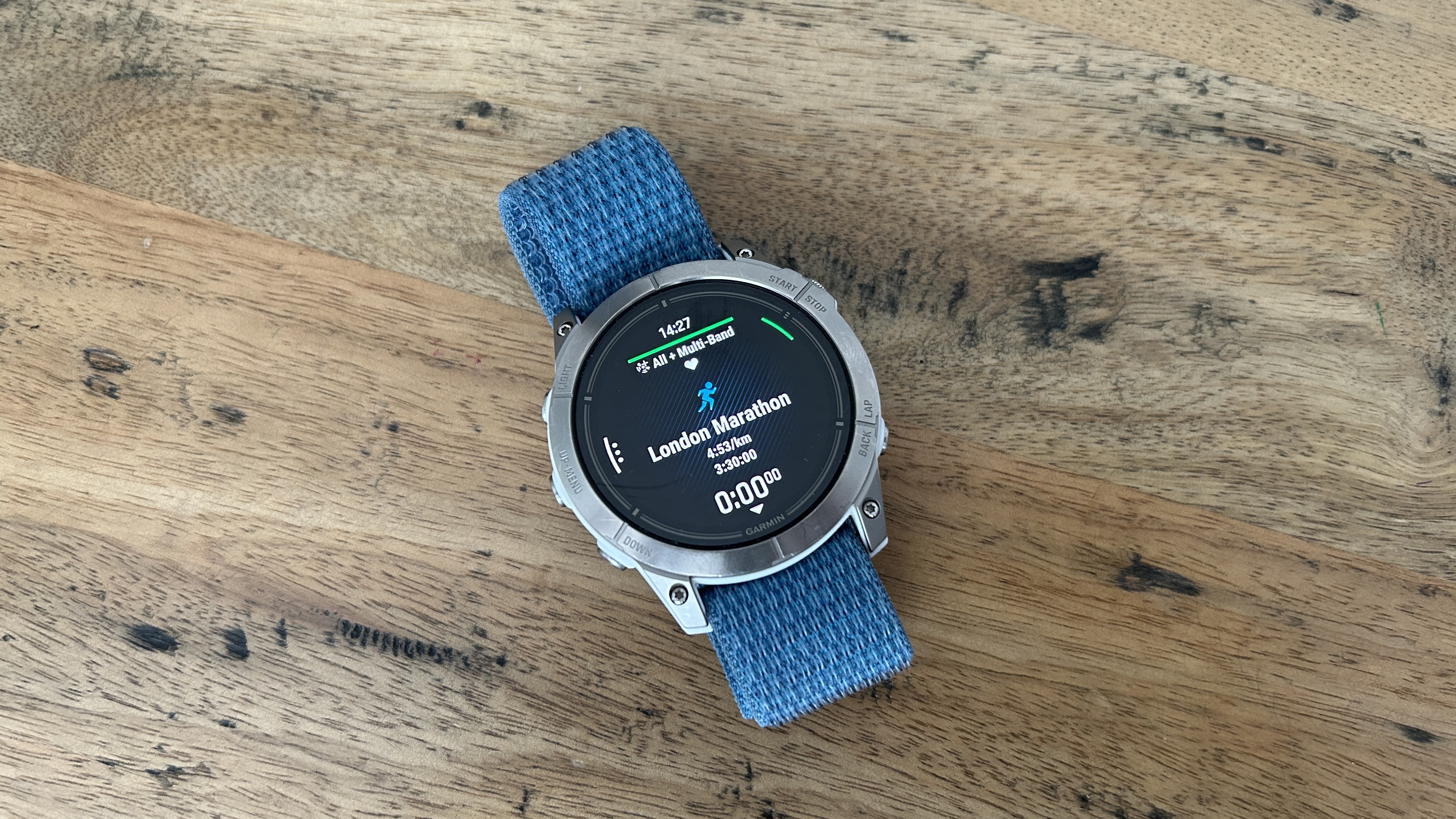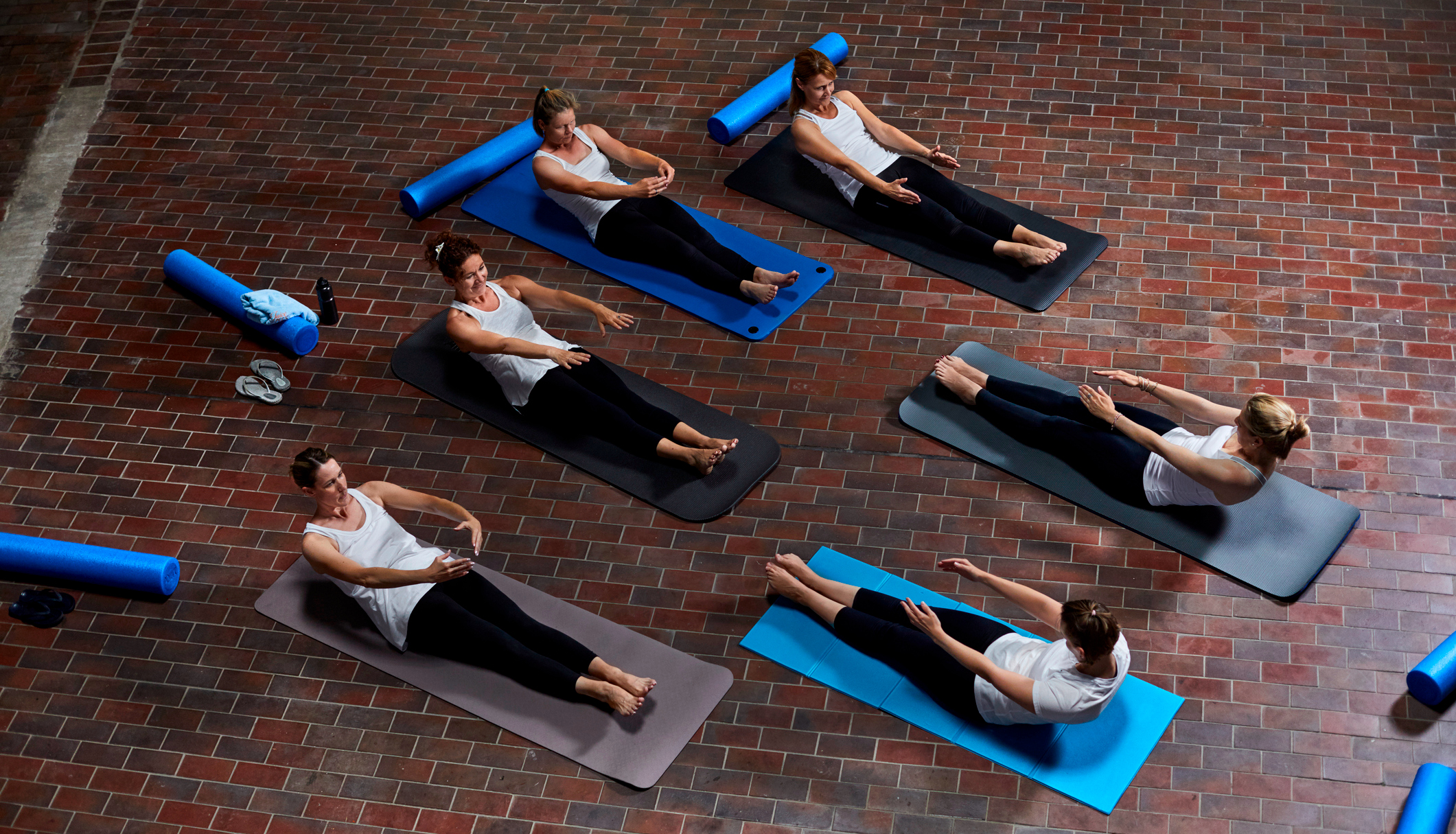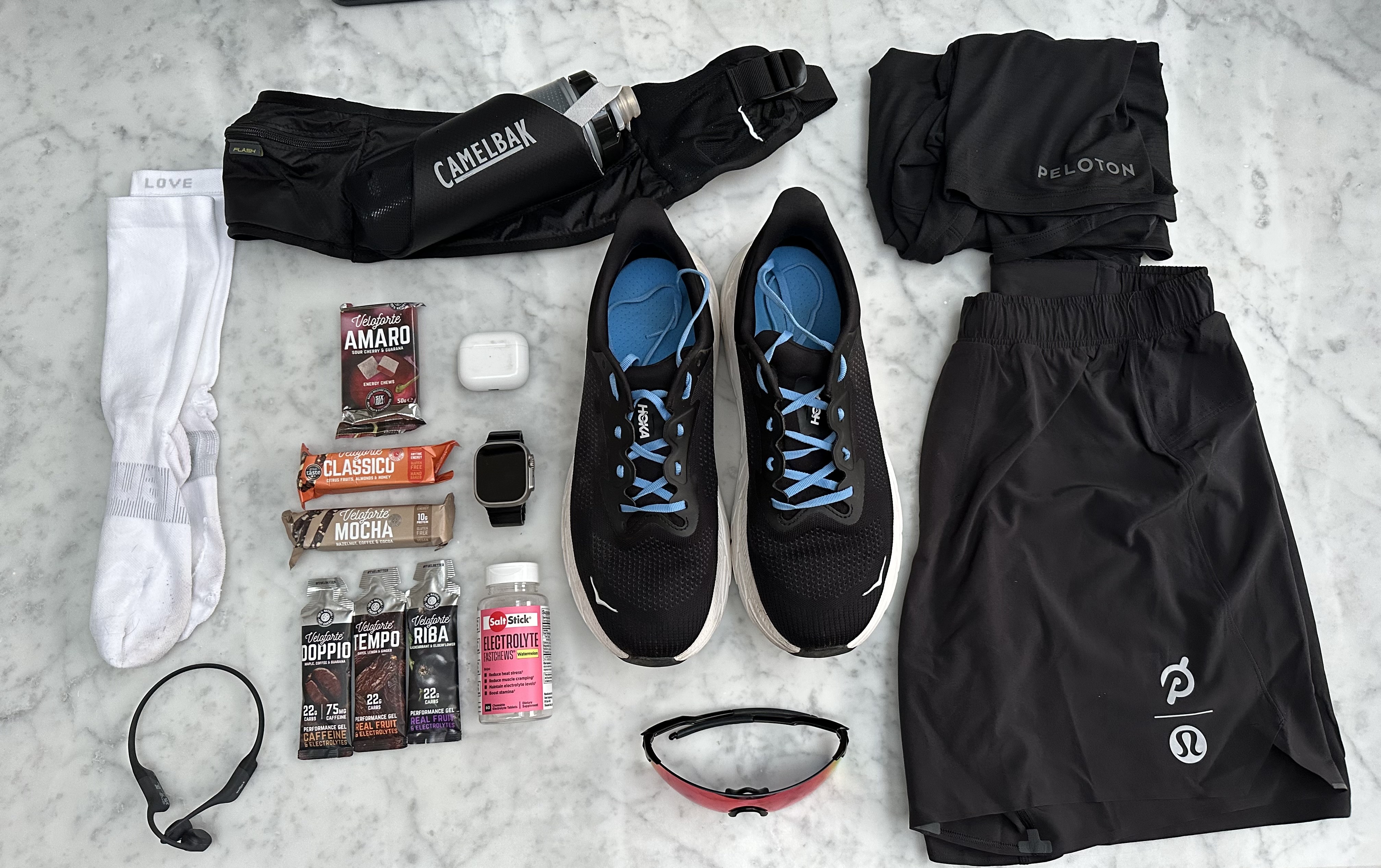Why How Salty Your Sweat is Matters
Precision Hydration can help you replace the right amount of lost sodium to avoid sodium depletion – or even hyponatremia

Sweat! Every man does it, but it turns out there’s a world of difference between the make up of an individual human’s sweat: more specifically, the amount of sodium in it. Finding out where you fit on the saltiness scale is important, as failing to replace the sodium you exude during exercise is a shortcut to poor performance and feeling rotten.
Coach spoke to Dave Colley, marketing director for Precision Hydration, about the importance of keeping tabs on your sodium levels.
When do you need to consider your sodium?
When you’re pushing yourself and sweating for more than 90 minutes. If you’re doing a half-hour jog you’re going to be fine, but for 90 minutes or more, if you don’t replace the sodium you’re losing it’s going to impact your performance.
What happens when you run out of sodium?
If you have leg cramps towards the end of a race, it tends to be sodium depletion. Sodium is basically what keeps water in your bloodstream. If you sweat it out, and you don’t replace it and you’re just drinking water, you’re further diluting your blood sodium levels. You can get hyponatremia – low blood sodium. For most people, it’s not killing them or even putting them in the hospital tent, but it’s affecting their performance and they feel terrible afterwards.
How different is the amount of sodium in people’s sweat?
The average person loses about 920mg of sodium per litre of sweat, but about 20% of people are high or very high [1,100mg/ high, 1,400mg/ very high]. We see people at the other end too, losing 200mg of sodium.
Are there signs to suggest you’re a salty sweater?
If you notice white marks on your training clothes after a long ride or run, those are salt residue, where the water has evaporated and left the salt behind. Another sign is lots of white marks and sweat on your neck and arms, and if your sweat tastes really salty or stings when it gets in your eyes.
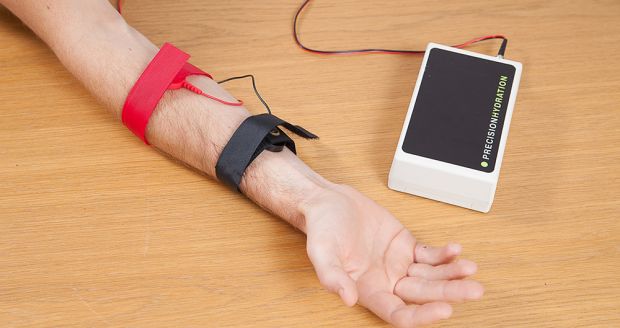
Precision Hydration’s Test
If you fear having to get on a treadmill to test your sweat’s saltiness, there’s good news. The free online version of the test involves nothing more strenuous than filling out a questionnaire, and the full test is hardly more taxing.
Get the Coach Newsletter
Sign up for workout ideas, training advice, reviews of the latest gear and more.
A couple of electrodes are attached to your arm, where they stimulate some localised sweating, which is then collected and analysed. Both the online and in-person test tell you how salty a sweater you are, the latter is just far more precise.
Precision Hydration then gives recommendations on how to stay hydrated during your exercise, and it sells sachets to mix up sodium drinks for every kind of sweater.
£95 full test, £9.99 for eight sachets, precisionhydration.com

Nick Harris-Fry is a journalist who has been covering health and fitness since 2015. Nick is an avid runner, covering 70-110km a week, which gives him ample opportunity to test a wide range of running shoes and running gear. He is also the chief tester for fitness trackers and running watches, treadmills and exercise bikes, and workout headphones.




